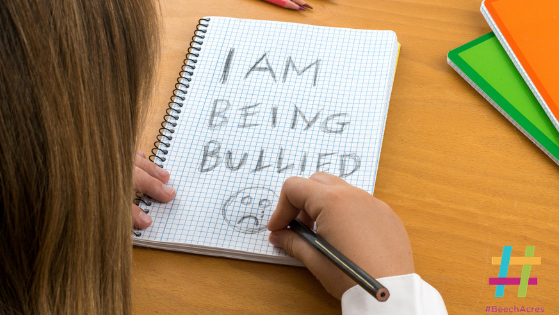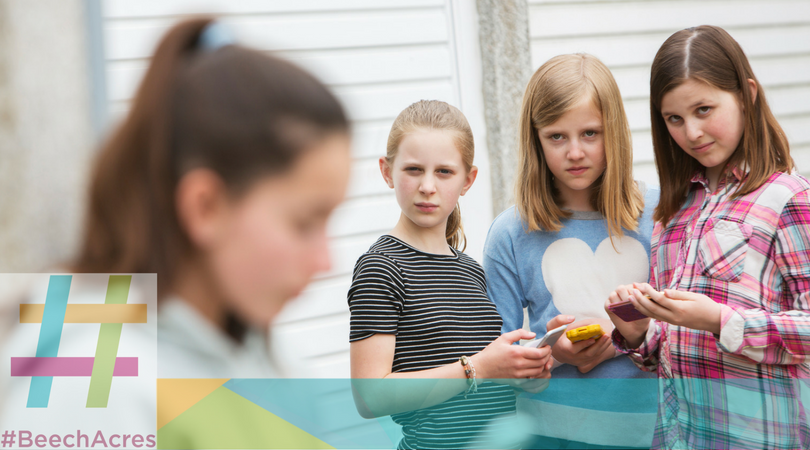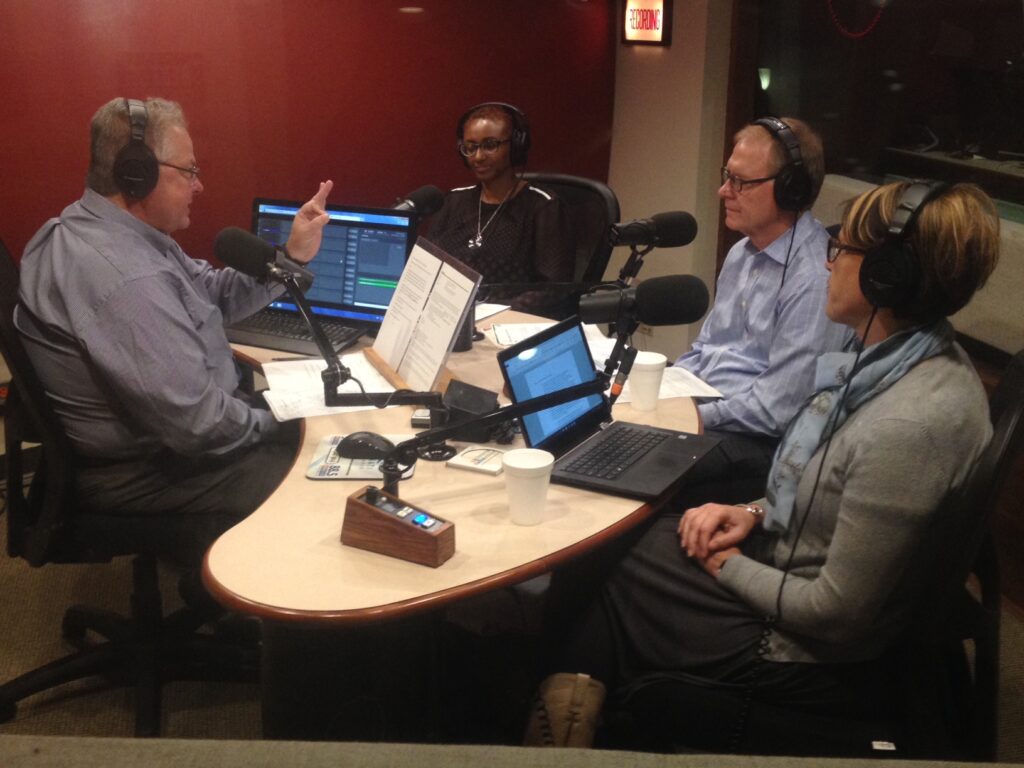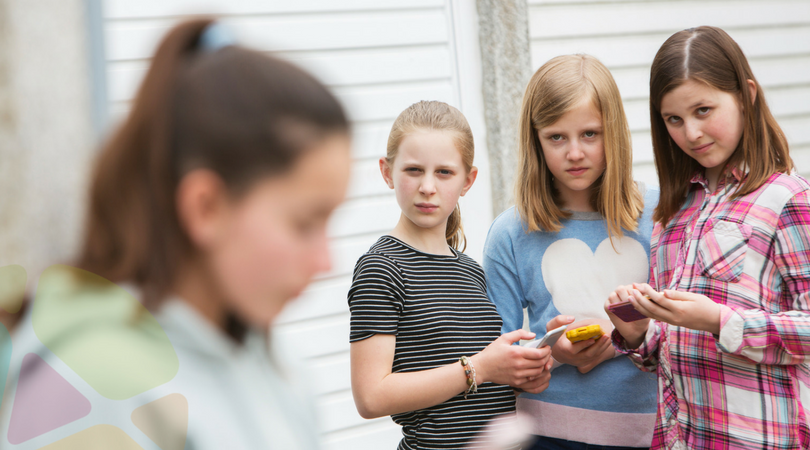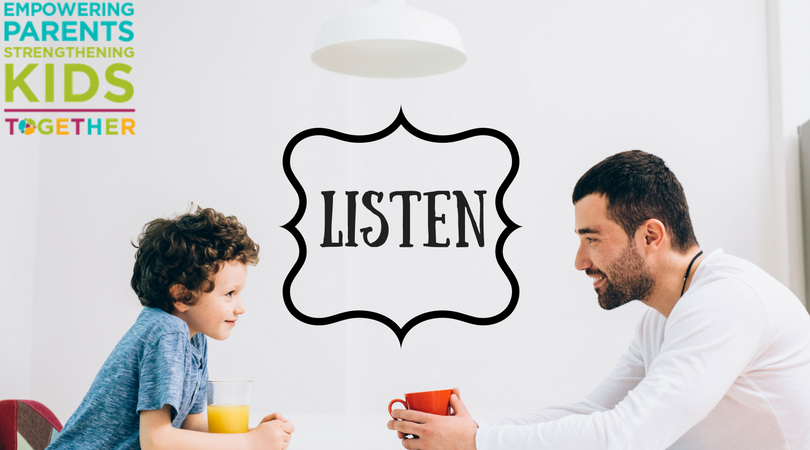Help! My Child Might Be A CyberBully!
You recently discovered some inappropriate, mean, or hurtful comments directed at another child on your daughter or son’s phone. Is my kid a cyberbully? Cyberbullying, a form of bullying or harassment using digital means of contact such as texts, email, or social media, is a growing concern for parents. The influence of technology on our culture has never been greater. Kids are using digital devices at an earlier age and are spending much more time in front of them. The ubiquitous use of digital technologies has made them an easy platform for bullying to thrive. According to Stopbullying.org, 15% of all U.S. high school students were cyberbullied last year. Sadly, that number is dramatically higher, a staggering 55%, among LGBTQ students. We’ve been exploring ways to address bullying when your child is the victim, but what if your child is the bully? First, take a few moments to collect your thoughts. Make sure you are prepared to intentionally approach the subject with your child. When you feel you are ready to address this issue here are some things to ask if you have discovered inappropriate treatment of another child on one of your kid’s devices. Ask your child if she knows what can happen to kids that are cyberbullied. Let them know that kids who are bullied can become depressed, anxious, or worse. Ask your child what her intention was. What were they hoping to accomplish? Ask your child what the other child did to prompt their behavior. Ask your child how else they can manage his or her feelings towards other children in acceptable ways. Ask your child how they would feel if they were treated similarly online. Ask them what it must be like for the child they mistreated to tell their parents what happened. Listening to your child and understanding their behavior and their motivations are key to addressing this issue. Working through intention and consequences can lead to better decision making in the future. NSP™ Tip: Asking powerful questions is an easy way to help provide some perspective for your child.


